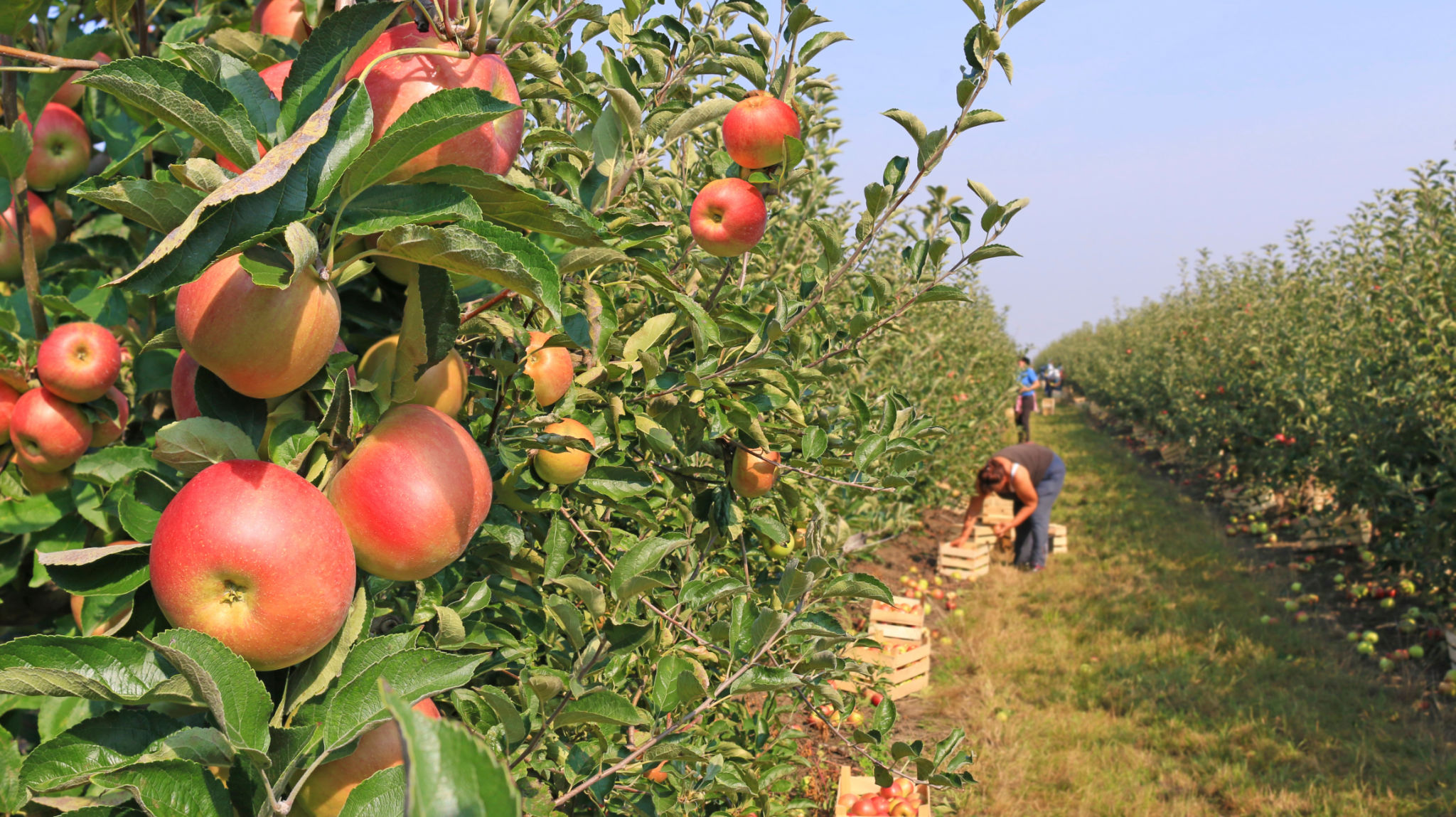Preparing for Seasonal Employment: Vocational Rehab Tips
Understanding Seasonal Employment
Seasonal employment offers unique opportunities for individuals seeking temporary work during peak seasons. Whether it's during the holiday rush in retail, the bustling summer tourism industry, or the harvest season in agriculture, these jobs can be both rewarding and demanding. For those undergoing vocational rehabilitation, preparing for seasonal employment can be particularly beneficial. It provides not only a chance to gain valuable work experience but also an opportunity to test and develop new skills in a real-world setting.

Identifying Opportunities
Before diving into the seasonal job market, it's crucial to identify which industries align with your skills and interests. Common sectors offering seasonal employment include:
- Retail
- Tourism and hospitality
- Agriculture
- Delivery services
- Event planning
Researching these industries will help you understand the specific roles available and the skills they require. You can then tailor your vocational rehabilitation efforts to meet these demands, making you a more competitive candidate.
Building Relevant Skills
Once you've identified potential job opportunities, focus on building the skills that are in high demand for those positions. Vocational rehabilitation programs often offer resources and training sessions to help you develop these skills. For instance, if you are targeting a role in retail, enhancing your customer service and communication skills will be beneficial.

Crafting a Strong Resume
Your resume is your ticket to securing interviews, so make sure it highlights your relevant experience and skills. Emphasize any transferable skills gained from previous employment or vocational training. Be honest about your abilities and focus on what you can offer to potential employers during their busiest times.
Preparing for Interviews
Interviews for seasonal positions might be less formal than those for permanent roles, but preparation is still key. Practice answering common interview questions and be ready to explain how your skills and experiences make you a strong candidate. Highlight any achievements from your vocational rehab program that showcase your readiness to take on new challenges.

Managing Expectations
It's important to have realistic expectations about seasonal work. These jobs can be fast-paced and physically demanding, so assess your current capabilities and ensure you're prepared for the challenges ahead. Communicate any limitations to potential employers and discuss accommodations if necessary. This transparency can lead to a more supportive work environment.
Making the Most of Your Experience
Seasonal jobs can provide more than just a paycheck. Use this opportunity to network with colleagues and supervisors, as these connections might lead to future job opportunities. Additionally, take note of new skills and experiences gained during your employment, as they can be valuable additions to your resume.
Planning for the Off-Season
As the season comes to an end, consider how you can leverage your seasonal experience in future job searches. Reflect on what you've learned and how it aligns with your long-term career goals. Continue building on the skills acquired through vocational rehab to maintain momentum in your professional development journey.
Seeking Continued Support
The end of a seasonal job doesn't mean the end of support from vocational rehabilitation programs. Many offer ongoing assistance to help you transition into other roles or further develop your skills. Stay connected with your vocational counselor to explore new opportunities and resources available to you.

